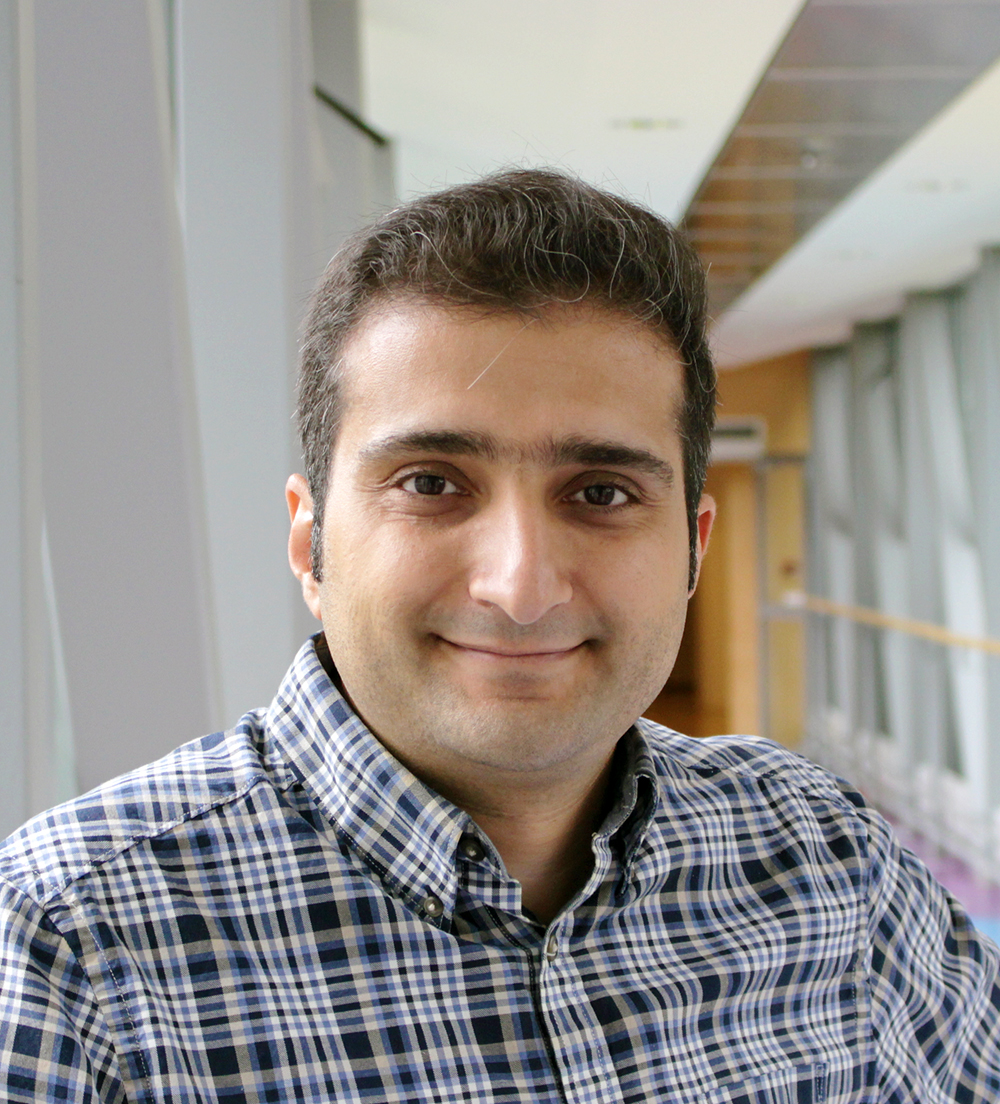Congratulations!
How does it feel to receive the doctoral thesis award of the year?
 - It feels great! Sweden granted me a unique opportunity to perform high-quality research, and I am grateful for that. I feel by doing a great job I am contributing to the same society that gave this unique chance. So I feel great that I could do a good job.
- It feels great! Sweden granted me a unique opportunity to perform high-quality research, and I am grateful for that. I feel by doing a great job I am contributing to the same society that gave this unique chance. So I feel great that I could do a good job.
What is your research about?
- My research is about the world of magnetism. We take advantage of a unique and amazing property of electrons called spins. That’s why we call our specific research field spintronics. All along in my research, I tried to understand how to manipulate, control and transfer these spins. Being able to do that paves the way for many interesting applications and opportunities. An example of the many applications that we use in our daily lives is memories we use in our computers and gadgets most of which are based on nanometer sized spintronics devices.
What are the challenges within your field of research?
- There are many challenges in my research. Spins are tricky to work with, and they don’t always reveal themselves easily. In many instances, we still don’t understand why they behave in a specific way. We observe new phenomena and behavior almost all the time in our research, and we need to analyze them meticulously to get an in-depth understanding of them. We do so by many different electrical, optical and microwave measurements and we also simulate their behavior by numerical and analytical models in high-speed computer assisted programming.
What can society learn from your research?
- We push the boundaries of our knowledge about our surroundings. That’s the core function of science. We try to understand different properties of materials and their constituent parts and in doing so exploring the opportunities they can provide us in different areas from information technology to telecommunication, energy harvesting, and biotechnology.
What will you do next?
- I am currently employed in a successful startup company here in Sweden, and I am trying to apply for a grant from Swedish Research Council to develop and advance some very interesting and novel research ideas.
The Faculty of Science’s Award for best doctoral thesis is awarded for successful and innovative research that is presented in a well-written thesis. The author receives a diploma and an award.
The Faculty of Science explains the decision to award Houshang the prize for best doctoral thesis 2017 as follows:
`Afshin Housang's doctoral thesis focused on synchronization phenomena in spintronic devices. He has successfully gone through the entire chain of research from the manufacturing and development of the experimental units, the implementation of experiments and related numerical simulations for analysis and publication of results in high-profile international magazines including Nature Nanotechnology and Nature Physics.
The doctoral thesis is well structured and integrates theory, numerical modeling and experimental work in an excellent way. The results of the work are exciting and are of great importance for spin-wave-based neuromorphic computing.´
Houshang will receive the prize in connection with the Faculty Day in November 2017.
 - It feels great! Sweden granted me a unique opportunity to perform high-quality research, and I am grateful for that. I feel by doing a great job I am contributing to the same society that gave this unique chance. So I feel great that I could do a good job.
- It feels great! Sweden granted me a unique opportunity to perform high-quality research, and I am grateful for that. I feel by doing a great job I am contributing to the same society that gave this unique chance. So I feel great that I could do a good job.